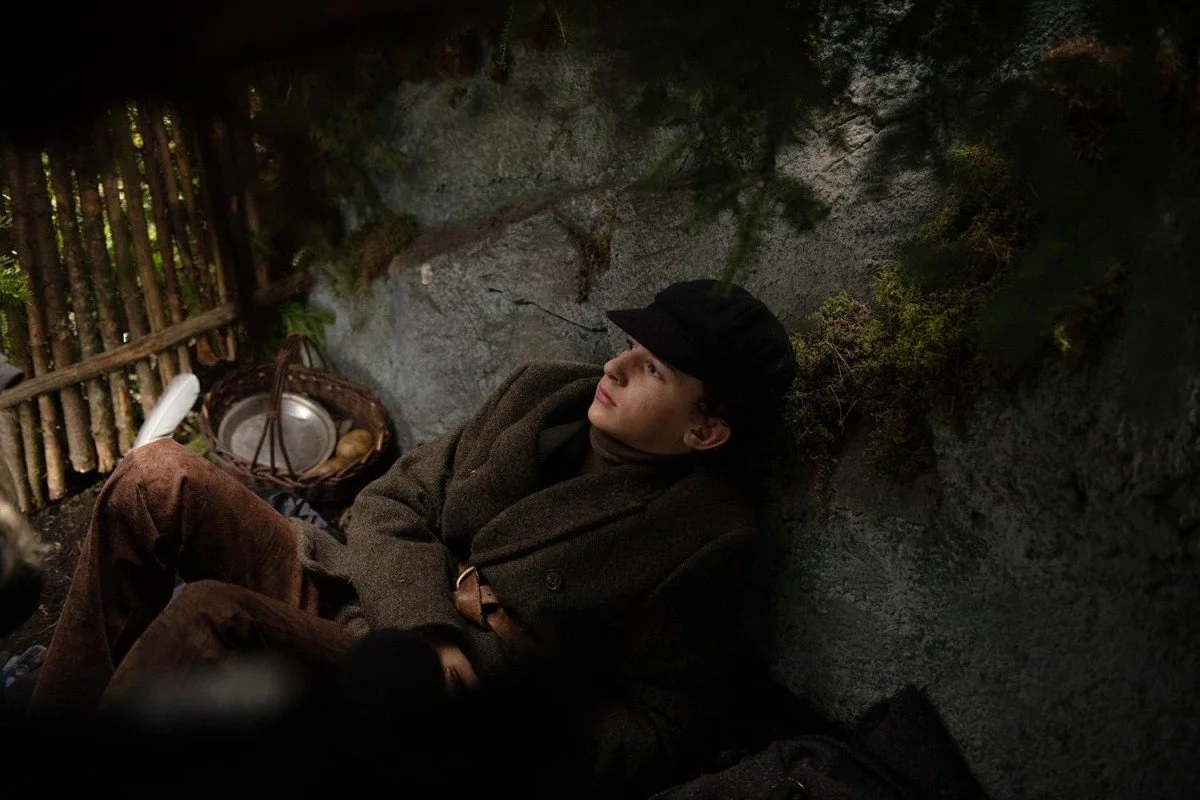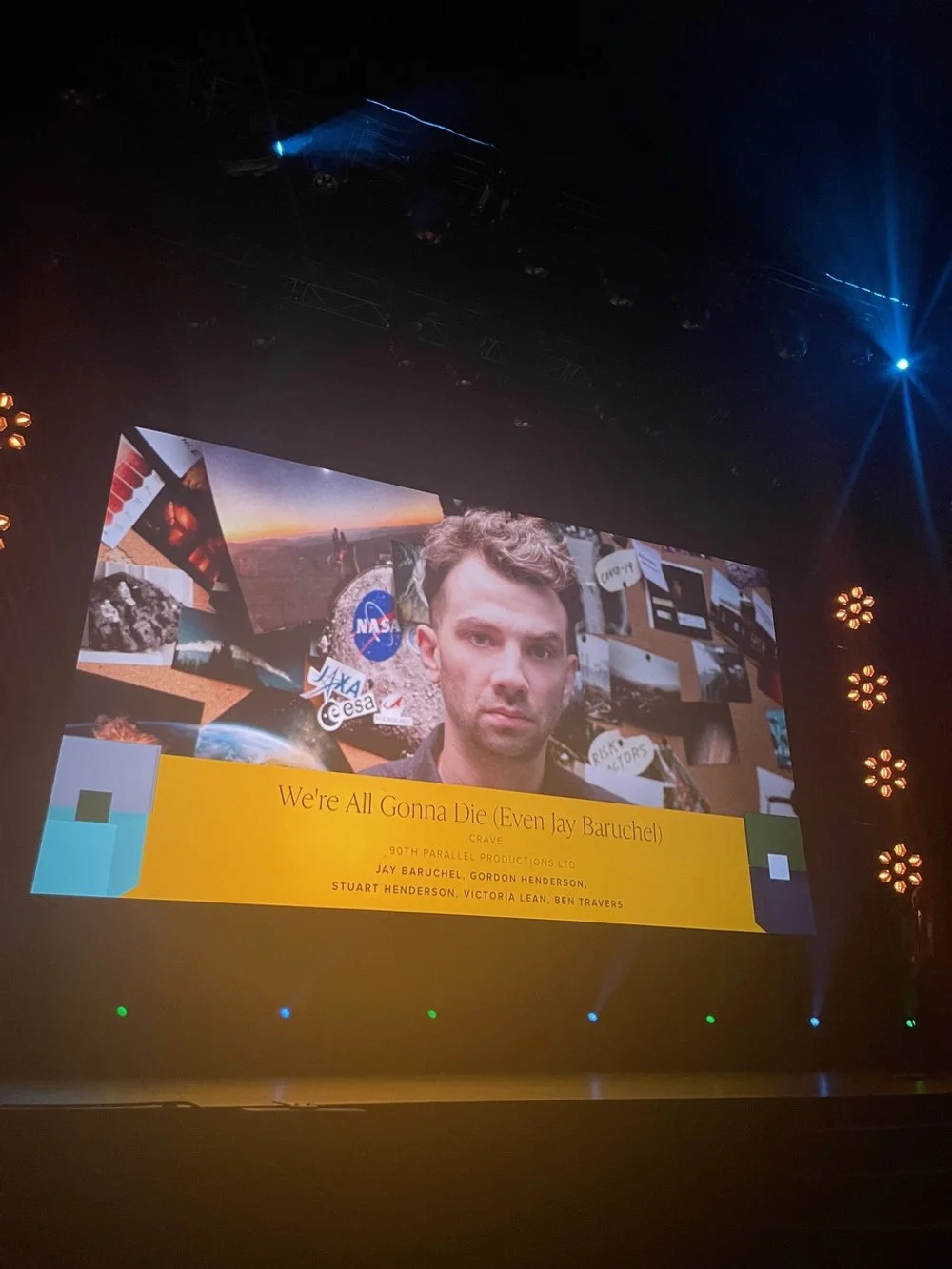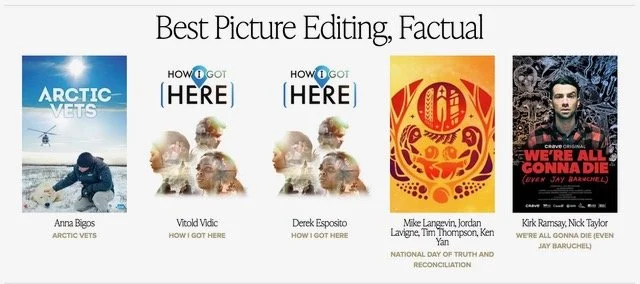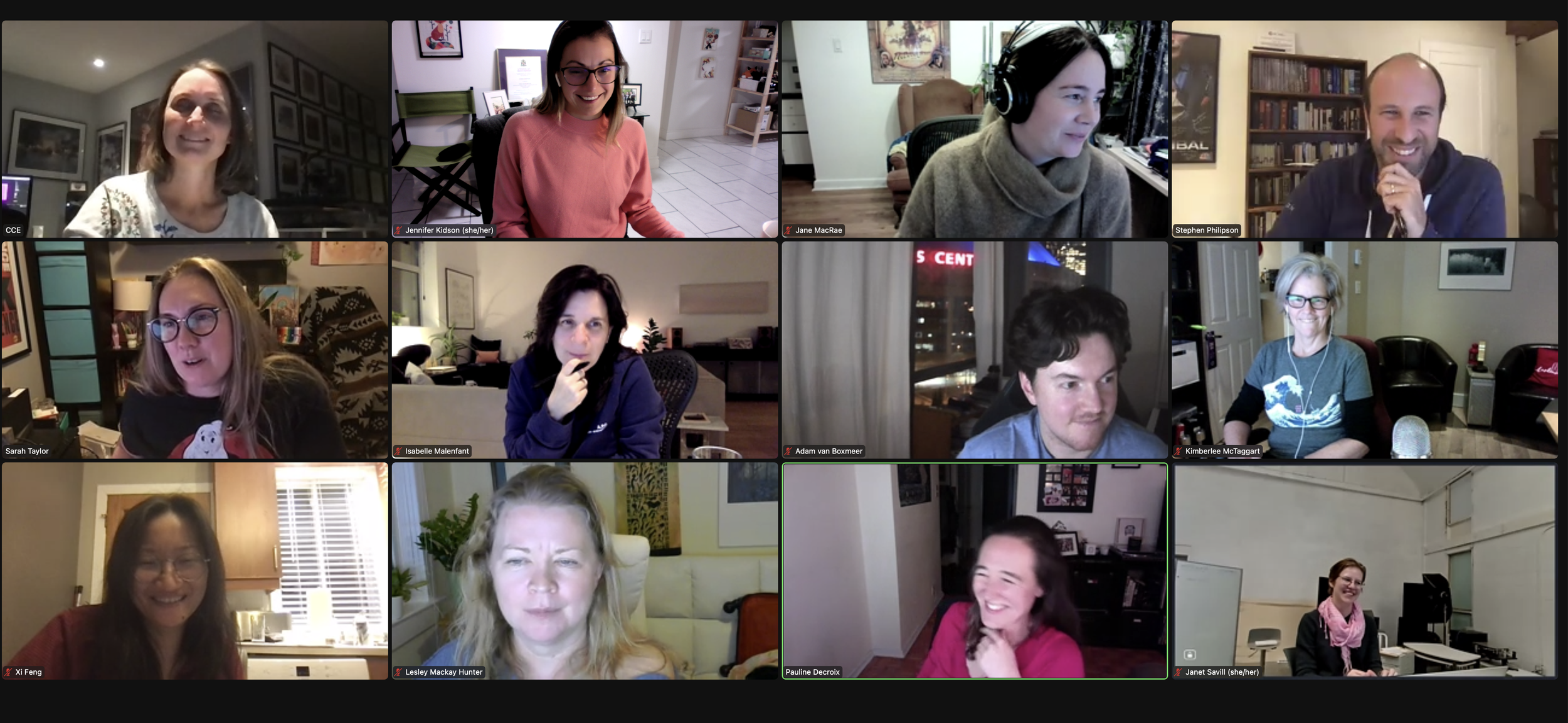This past Thursday I attended a panel discussion at The Gladstone Hotel. Hosted by the CCE, with the DGC and CFC as friendly supporters, this event invited five talented women on stage for a discussion about women in post-production roles. Here is the panel
Sandy Pereira (assistant editor, editor, Toronto)
- Works with David Cronenberg
Gillian Truster (editor, Toronto)
- Degrassi | The Next Generation (TV), Orphan Black (TV)
Michele Hozer (editor, producer, director, Toronto)
- edited over 50 docs, Hot Docs premiere of Sugar Coated (2015)
Susan Shipton (editor, Toronto)
- works with Atom Egoyan
- Book of Negros (TV)
Jane Tattersall (sound designer, Toronto)
- won over 60 awards for sound design
- works with Deepa Mehta
- Vikings (TV)
The moderator for the evening, Marla, has 20 years experience in the industry. She is a passionate woman who lead an interesting and evoking conversation about success in the post-production world.
"If you want to get something different, you have to do something different" - Marla
Each women in the panel came from a different background, but agreed on several topics of interest. The first was that early on in your career, there is a large amount of luck that plays into knowing people and having the confidence to put yourself forward for work.
"Getting a job is a campaign" - laughed Gillian.
She waited two months to hear back from Temple Street Productions before she was asked to be an editor on Orphan Black.
Sandy discussed the merits of starting at the bottom. Most of the women in the panel created short films in school and PA'd on set before they settled into their role. All agreed how important mentorship is and how difficult it is sometimes as a women to find someone who "hires" women. Gillian finds this very backwards as she believes the greater the diversity in the editing room, therefore the better the work.
"I hate wasted potential" - Gillian
No one should be judged for their gender, age, sexual orientation, or culture.
"I hate wasted potential" - Gillian.
Susan was adamant that people should be judged based on their skill and to refrain from marketing yourself as a good "female" editor. You are an editor. As soon as we point out our gender, it is easier for the world to point it out too.
"Work hard, be creative, smart, and you will overcome obstacles" - Susan.
Marla brought up some alarming stats in Canada, wherein 17% of the film industry are female editors, 4% cinematographers, and 25% producers. Yet women make up 50% of the population.
Another point of discussion was surround assistant editing vs. editing. Everyone was quick to agree that assistant editors play an ENORMOUS role in the editing room. Michele particularly said she always has an assistant editor helping her edit the docs. You can't do it by yourself. You need a team to bounce ideas off of to create a fluid and organic storyline. Question each other and the storyline to strengthen it.
"a documentary editor is the filmmaker in the editing room" - Michele.
Editors in the DOC industry have greater creative input.
The conversation ended by talking about possible ways to get more women involved in post. Jane mentioned that when the industry switched over to digital, more young males who were computer savvy jumped on board, leaving women far behind and not trained for the new landscape. Jane regrets that she knows so few women sound designers and mixers.
Women in Post | CCE | The Gladstone Hotel | Toronto | 2015
Women in Post | CCE | The Gladstone Hotel | Toronto | 2015
Michele and Gillian both suggested that you make obstacles work for you. If you are interested in having a family, but are worried about the hours and time commitments post-production requires, you confidently set your hours with the producer. Explain why you need to be home between 5-8 every night and that you are willing to return to the editing room after you have settled with your family. This creates a standard system that others can understand and makes your life, career, and family happy by eliminating stress of always missing out on the personal side of life.
"What people really want from an editor is a point of view" - Sandy.
"No one will take your career as seriously as you will. [Prove your] tenacity and staying power" - Gillian.
If there are more women in higher positions, then more women feel confident applying to positions underneath and more women are inevitably hired. It is a cycle that needs to be standardized without making it obvious that it is a gender thing. All people deserve equal opportunity.
Michele ended the discussion powerfully by saying, "talk loudly. Take our space" as creators and post production experts in the film industry.
Truly a passionate and inspiring discussion!
Back to the cutting room for me,
- Jenn





